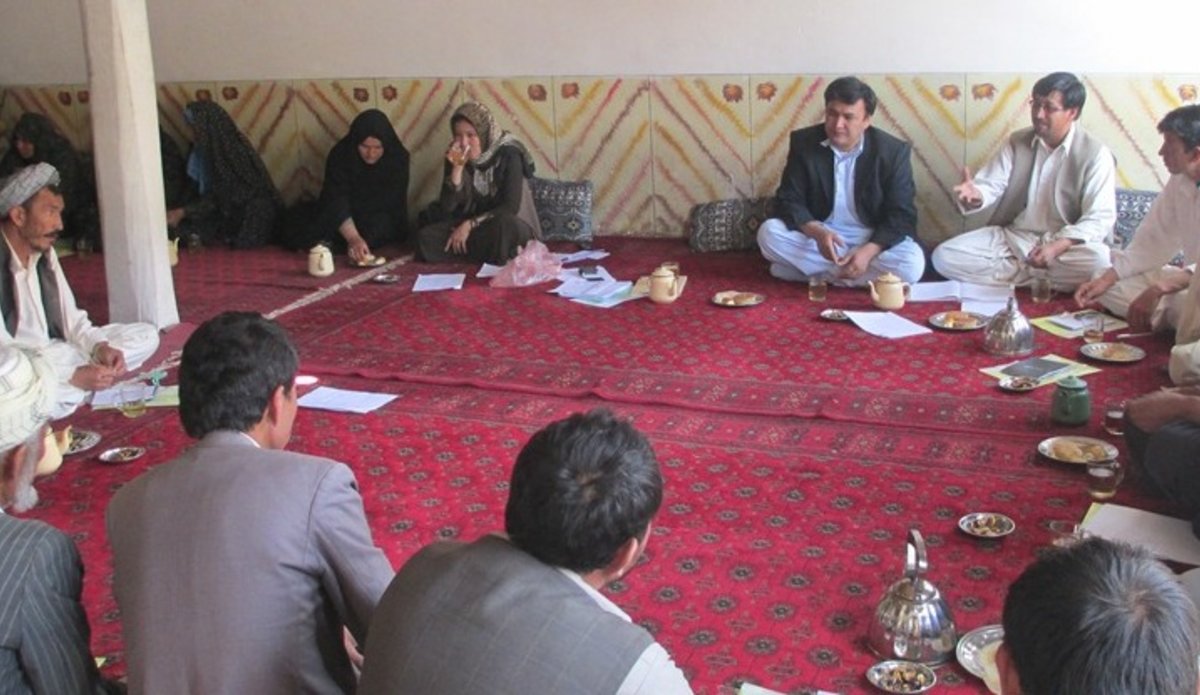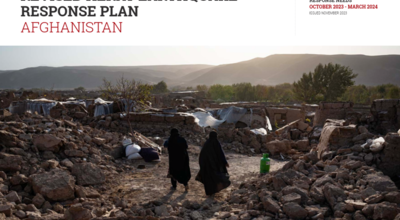Afghan People’s Dialogue on Peace results key for quadripartite talks
KABUL – The results of the Afghan People’s Dialogue on Peace process should be taken into account at tomorrow’s quadripartite peace meeting in Islamabad according to a key grouping of Afghan civil society.
Representatives of Afghanistan, Pakistan, the United States and China are set to hold a first round of meetings on the Afghan peace process with the aim of devising a strategy for peace talks between the Afghan Government and the Taliban.
The meeting follows discussions between Afghan President, Ashraf Ghani and Pakistani Prime Minister, Nawaz Sharif at a conference in Pakistan last month.
In a press statement issued in Kabul on Saturday, members of the Steering Committee of the Afghan People’s Dialogue on Peace welcomed the upcoming four-country talks as a ‘critical event’ which “will work toward a comprehensive roadmap to peace for the country”.
They called on the Afghan delegation to stress the positive and fruitful aspects of peace, to highlight how the ongoing war impacts the security and economic stability of Afghanistan, the region and the world, and to respect the interests of the Afghan people in peace process negotiations.
The Steering Committee – comprised of civil society organizations, peace activists and officials from the Afghanistan Independent Human Rights Commission – has led nationwide discussions on peace over several years involving more than 6,000 Afghan citizens. UNAMA has provided secretariat support to the dialogue process.
The discussion findings were summarized in two reports, which highlighted the drivers of the conflict in Afghanistan and set out a 10-point roadmap, 33 recommendations and 34 provincial roadmaps for peace.
The findings of these discussions highlighted the “critical need to seriously address all drivers of the conflict while making any roadmap for peace,” including a frank consideration of external and regional factors, concrete measures to address the actions of radical movements and assessment of factors that could hinder effective implementation of any sustainable peace agreement.
The Committee said that protection and sustainability of human rights within the national legislative framework and Islamic values should be prioritized in any roadmap for achieving a peace agreement between parties to the conflict.
It is imperative to protect civilians, noted the Committee’s statement. As part of the solution to end the war, all parties to the conflict should immediately cease attacks against civilians and avoid the use of indiscriminate and imprecise weapons.
“The Committee believes that only active and peaceful participation of all Afghan women and men in (the) governance and the administrative, political and economic affairs on the country can guarantee sustainable peace.”
UNAMA is mandated to support the Afghan Government and relevant international and local non-governmental organizations to assist in the full implementation of the fundamental freedoms and human rights provisions of the Afghan Constitution and international treaties to which Afghanistan is a State party.
 UN
UN








